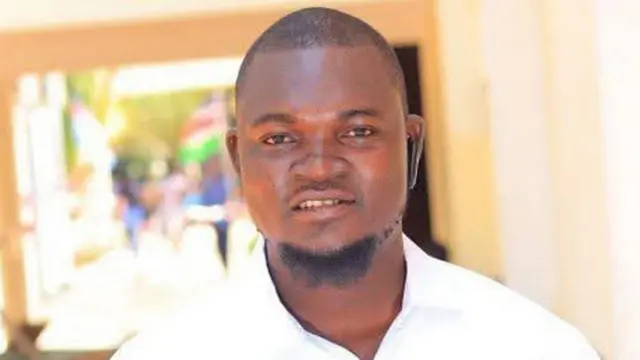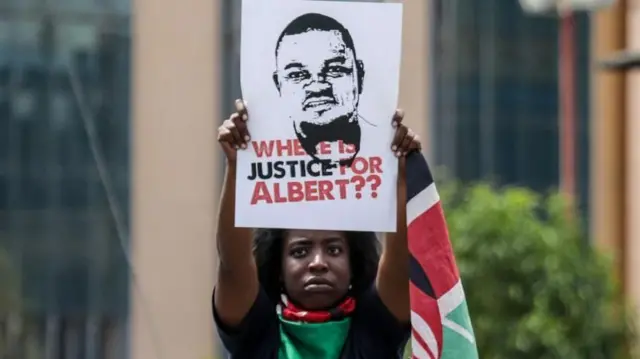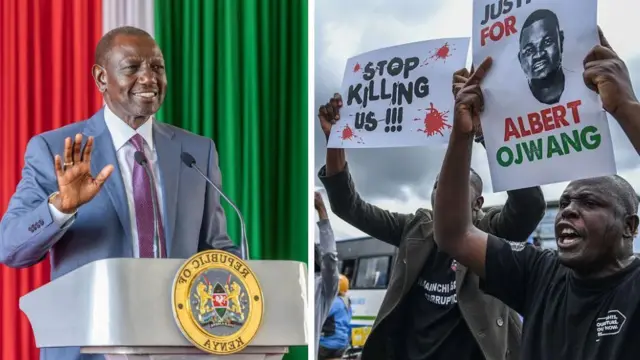In a shocking revelation that has outraged Kenya, a post-mortem has confirmed that Albert Ojwang — a 31-year-old blogger and teacher — was assaulted to death while in police custody. The autopsy contradicts earlier police claims that he died from self-inflicted injuries after hitting his head on a cell wall.
Ojwang, known for his critical commentary on politics via X (formerly Twitter) and Facebook, was arrested in Homa Bay after a complaint by Deputy Inspector General of Police Eliud Lagat. He was transferred over 350km to Nairobi and detained at the Central Police Station — where he was later found unconscious.

Autopsy: “Clear Signs of Assault”
A team of five independent pathologists led by state pathologist Dr. Bernard Midia concluded that Ojwang’s death was caused by:
- Severe head injuries
- Neck compression
- Widespread soft tissue trauma
“There were signs of a struggle. Injuries were externally inflicted,” Dr. Midia confirmed. He emphasized that the pattern of injuries did not match self-infliction, stating, “The bleeds on the scalp were spaced — found on the face, sides, and back of the head.”
Police Apologize for Misinformation
Initially, police claimed Ojwang had harmed himself. However, Inspector-General Douglas Kanja later retracted the statement before the Senate, apologizing for what he described as “misinformation.” He confirmed that several officers on duty have been interdicted (suspended with half pay).
Investigators from the Independent Policing Oversight Authority (IPOA) also ruled out suicide and revealed that CCTV systems at the station had been tampered with, raising serious concerns about an attempted cover-up Albert Ojwang.
Public Outrage and National Protests
The blogger’s death has sparked nationwide protests and widespread condemnation. Outside Nairobi City Mortuary, activists held signs reading “Stop killing us” and “Where is justice for Albert?”
Albert Ojwang’s father, Meshack Ojwang, made an emotional appeal to President William Ruto, saying, “The officers saw our humble home and assumed we didn’t matter.”

Presidential Response and Legal Action
President Ruto called the death “heartbreaking and unacceptable,” promising a “swift, transparent, and credible investigation.” However, he warned against “premature judgments” that might interfere with justice.
Law Society of Kenya (LSK) president Faith Odhiambo denounced the case as a “brutal murder” and demanded that “every single officer involved be held personally liable.”
Legacy of a Digital Voice
The Digital Content Creators Association of Kenya paid tribute to Ojwang, describing him as “a voice of the youth and a symbol of resilience.”
Veteran opposition leader Raila Odinga also weighed in, calling the incident part of a “long list of horrifying police killings” targeting young, outspoken citizens.

Broader Implications for Digital Freedom
Ojwang’s death raises deeper questions about freedom of speech and police accountability in Kenya. Many rights groups believe this may be an attempt to silence Kenya’s growing community of digital activists and independent commentators.









